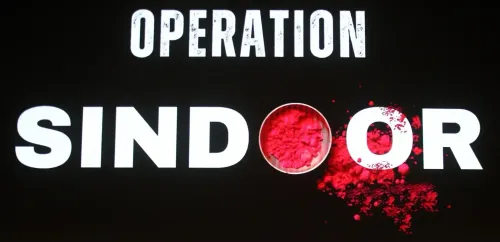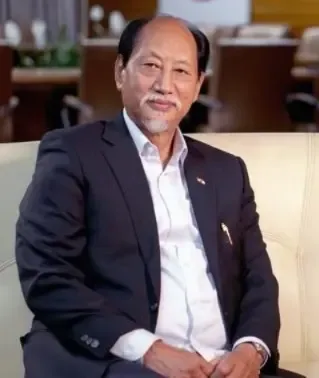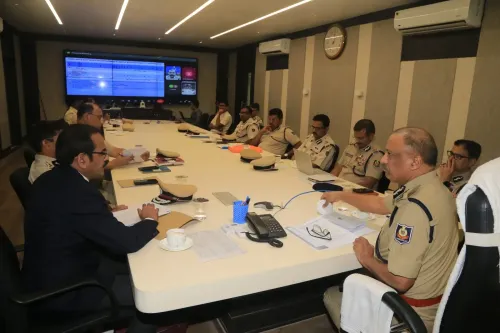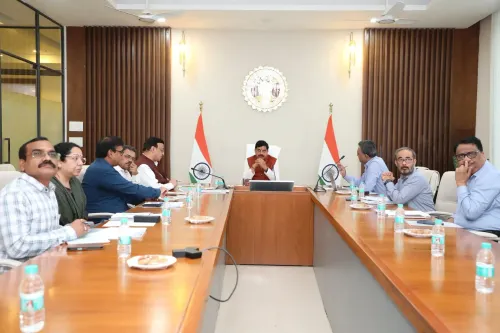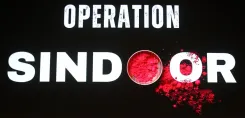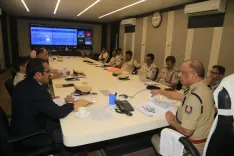How Does Operation Sindoor Showcase PM Modi’s Resolve and Military Might?
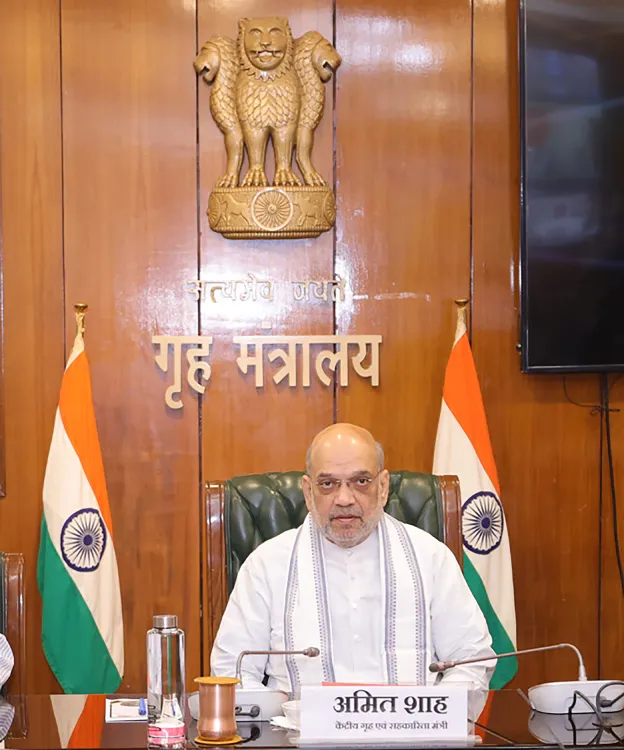
Synopsis
Key Takeaways
- Operation Sindoor marks a pivotal response to terrorism in India.
- The launch reflects PM Modi’s strong political will.
- Enhanced intelligence sharing is crucial for national security.
- The operation indicates a shift towards a proactive security doctrine.
- The government is focused on building a robust national security infrastructure.
New Delhi, May 16 (NationPress) Union Home Minister Amit Shah on Friday praised ‘Operation Sindoor’, India's counterstrike following the tragic Pahalgam terror incident that resulted in 26 casualties, as a pivotal moment in the nation's advancing security framework.
During the launch of the new Multi-Agency Centre (MAC) at North Block in New Delhi, HM Shah characterized the operation as a “distinct representation” of Prime Minister Narendra Modi’s unwavering political determination, efficient intelligence collaboration, and the remarkable strength of India’s armed forces.
“Operation Sindoor symbolizes PM Modi’s resolve, our intelligence agencies’ accuracy, and the unmatched striking power of our tri-services,” HM Shah stated.
The operation, initiated in response to the Pahalgam attack, attracted worldwide scrutiny due to the intensity of the four-day-long confrontations between India and Pakistan, culminating in a ‘resolution’ on May 10. India had previously cautioned that “any act of terror will be treated as an act of war”, indicating a significant shift from earlier restraint.
The newly established MAC — operating under the Intelligence Bureau — is aimed at enhancing cooperation among various intelligence and law enforcement bodies by enabling real-time data sharing.
This enhanced centre seeks to streamline operational responses and elevate India's readiness against both internal and external security challenges.
Emphasizing the necessity for a future-oriented security framework, HM Shah noted the government’s commitment to developing a resilient national security infrastructure capable of addressing evolving threats, particularly those related to terrorism and insurgency.
“India now employs a proactive, rather than reactive, security strategy,” HM Shah pointed out.
Simultaneously, the sequential developments — the surgical military response under Operation Sindoor, the unprecedented scale of Operation Black Forest, and the technological advancement of MAC — signify a broader strategic evolution in India’s national security policy, experts suggest.
This denotes the government’s apparent determination to institutionalize a proactive, intelligence-driven approach to countering threats from terrorism, insurgency, and cross-border militancy, according to security analysts.

